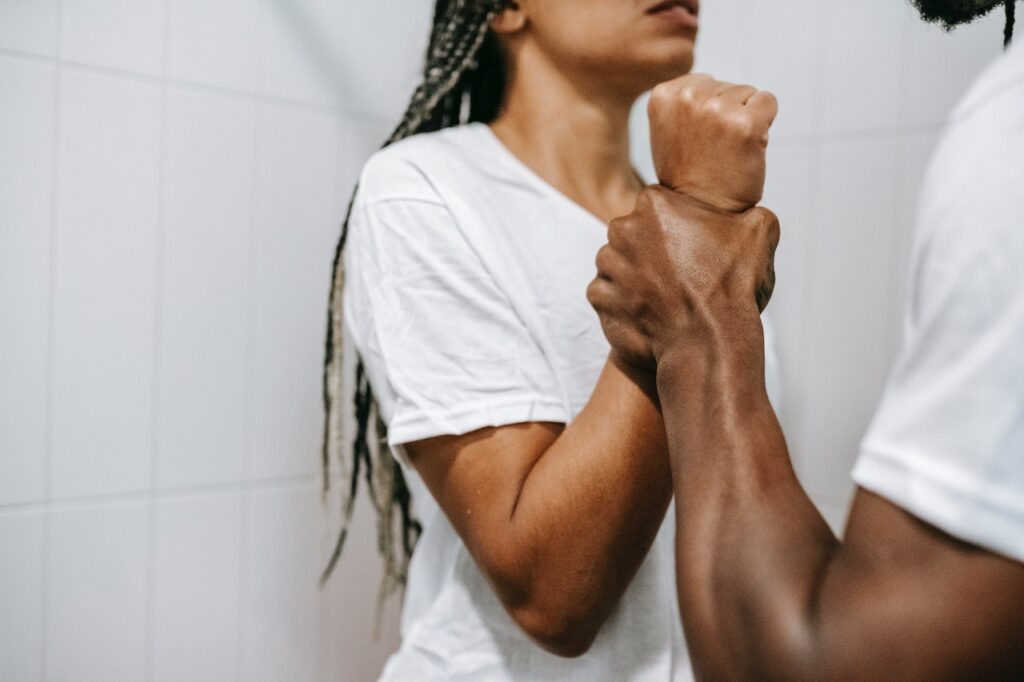
We are ending February, the month that has been decreed to raise awareness about abusive relationships and dating violence, a problem that in the

We are ending February, the month that has been decreed to raise awareness about abusive relationships and dating violence, a problem that in the